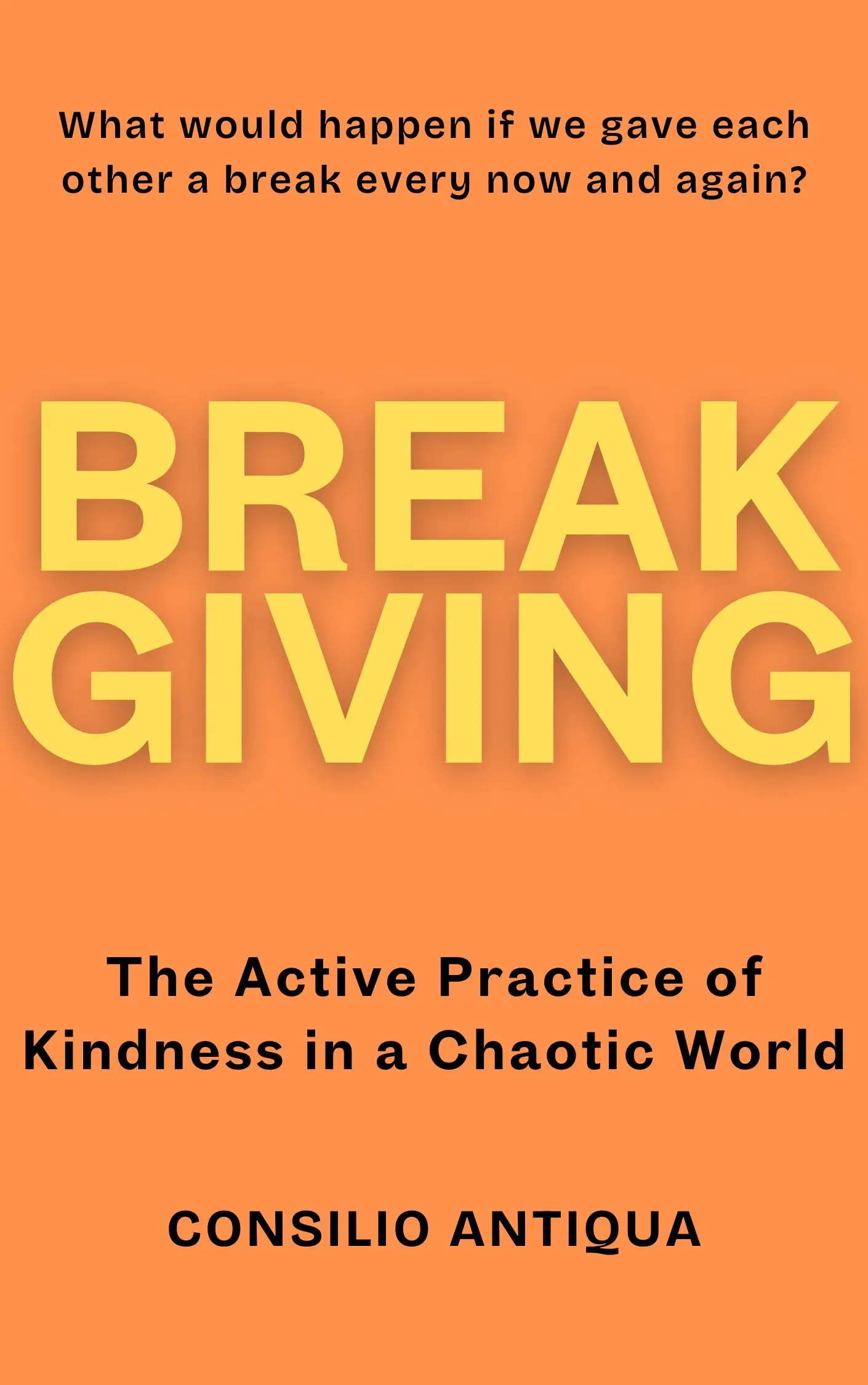
Breakgiving | Chapter Biography: Fred Rogers
Chapter Biography: Fred Rogers
Fred Rogers was a gentle giant, a man whose voice held the soothing cadence of a lullaby and whose eyes mirrored the deep well of compassion within. He didn't shout or demand attention. Instead, he quietly offered a space—a sanctuary of understanding—where children and adults alike could find refuge from the clamor of the world. His legacy is not one of grand pronouncements or sweeping reforms, but of a quiet revolution—a gentle invitation to see the world and each other with new eyes. His life and work embody the core principles of Breakgiving: the active practice of kindness, patience, and understanding in a world often fraught with discord.
Rogers believed in the inherent worth of every human being. This bedrock belief, etched into the very fabric of his being, informed his every interaction. He never spoke down to anyone, regardless of age or social standing. He treated each individual as a precious, unique entity, worthy of respect and attention. His demeanor was a constant beacon of reassurance, a reminder that amidst the chaos, there is a quiet strength in being fully present. In a world often obsessed with external validation and accomplishments, his presence was a counterpoint—a testament to the power of authenticity and sincere connection.
His gentle demeanor, however, was not a sign of weakness. It was a carefully cultivated strength, a conscious choice to engage with the world with kindness and empathy. Rogers understood the intricate tapestry of human emotions and the subtle nuances of social interactions. He recognized that harshness rarely leads to understanding. Instead, he offered a language of kindness—a deliberate choice to speak slowly, carefully, and with a profound respect for the listener. He understood that true communication was not simply about conveying information; it was about entering another person’s world, offering a space for their feelings to be acknowledged and validated.
Imagine a child grappling with anxieties or fears. Instead of dismissing those emotions, Rogers would offer a gentle space for them to be explored. He would ask open-ended questions, inviting the child to articulate their thoughts and feelings without judgment. This practice was not just limited to children. He treated every individual with the same care, fostering a sense of trust and safety. He understood that giving others a break wasn't about excusing harmful behavior, but about creating room for growth and understanding. It was about seeing the human being behind the actions, recognizing that we are all caught in a complex web of experiences and emotions.
Rogers’s approach to conflict exemplified the essence of Breakgiving. He didn’t shy away from difficult topics or challenging conversations. Instead, he approached them with a gentle determination to understand the root causes of conflict. He believed that patience and empathy were essential tools for creating space for understanding. This wasn’t about simply accepting harmful behavior but about offering grace—a conscious choice to extend kindness even when it’s difficult. In a society that often thrives on instant gratification and quick fixes, his patient approach was revolutionary. It offered a different path—a path of understanding and forgiveness that could lead to healing and reconciliation.
The impact of Rogers’s work extended beyond individual interactions. His gentle activism subtly challenged societal norms and promoted a more inclusive and understanding culture. He spoke about difficult issues such as racism, prejudice, and the importance of valuing diversity with a sincerity that cut through the noise. He never backed down from difficult conversations, but he always did so with a gentle approach. His words were like a balm, soothing the raw edges of conflict and fostering a sense of shared humanity. He reminded us that differences don’t diminish our shared human experience. They enrich it.
Rogers's work reminds us that each of us has the capacity to practice Breakgiving. It doesn’t require grand gestures or extraordinary circumstances. It starts with the simple act of listening with care, of extending a hand to someone who feels lost, of offering a moment of grace when it’s needed. His life was a living testament to the power of small acts of kindness that can have a profound impact on the world.
His legacy is a whisper, a gentle reminder that we all have the power to create a more compassionate and understanding world. We can choose to engage with the world with kindness, patience, and a willingness to understand. We can offer each other a break, a moment to breathe, and a space to heal. It’s a choice, a practice, and a journey—one that can transform not only our own lives but also the lives of those around us.
In a world that often seems to be unraveling, Fred Rogers reminds us that it’s the quiet acts of kindness, the everyday moments of compassion, that can weave a new tapestry of understanding. The seeds of change are planted in the quiet spaces, in the moments when we choose to give others—and ourselves—a break. His life is a beacon of hope, a gentle reminder that a more compassionate world is within our reach, one kind interaction at a time.
